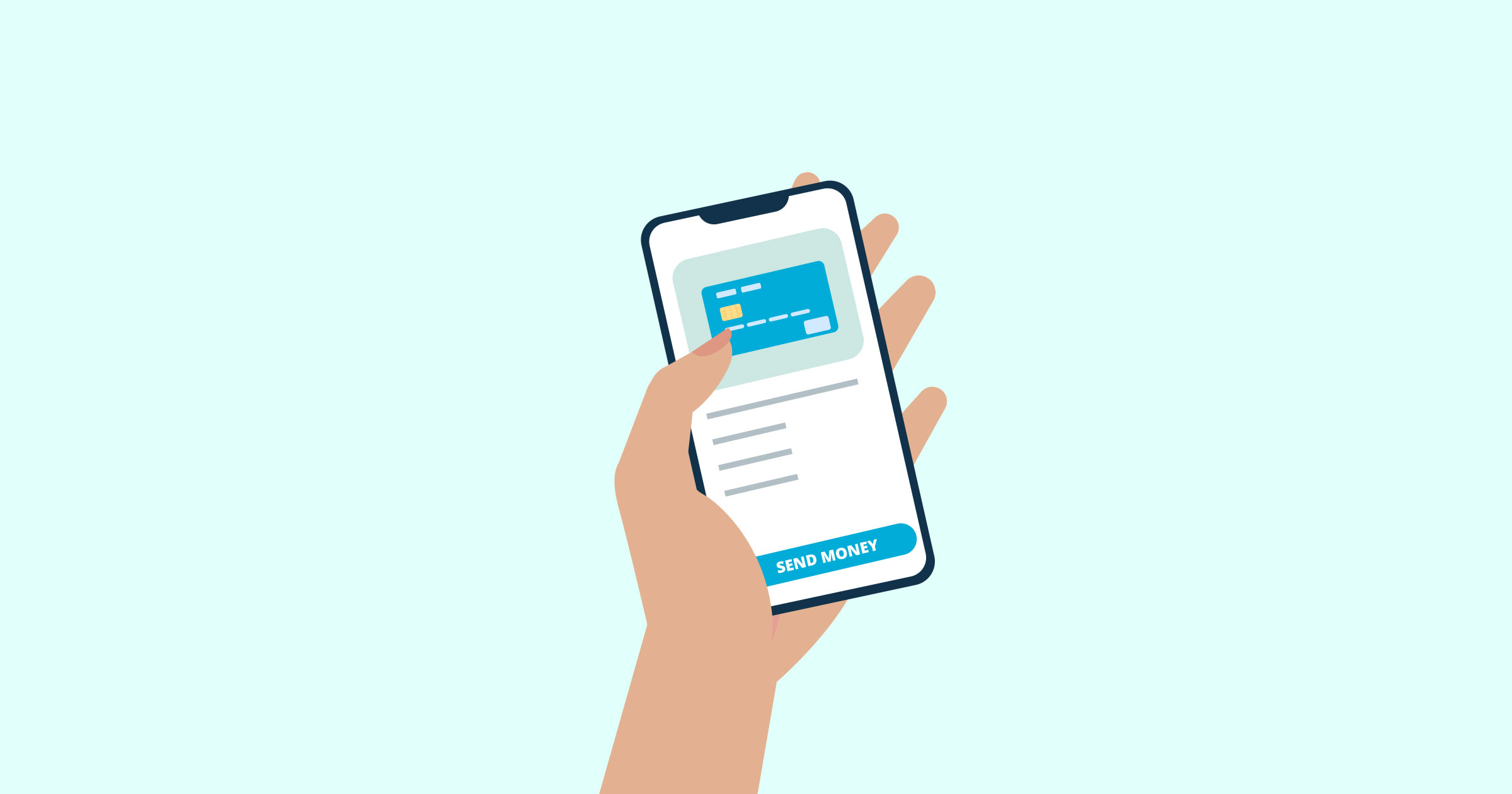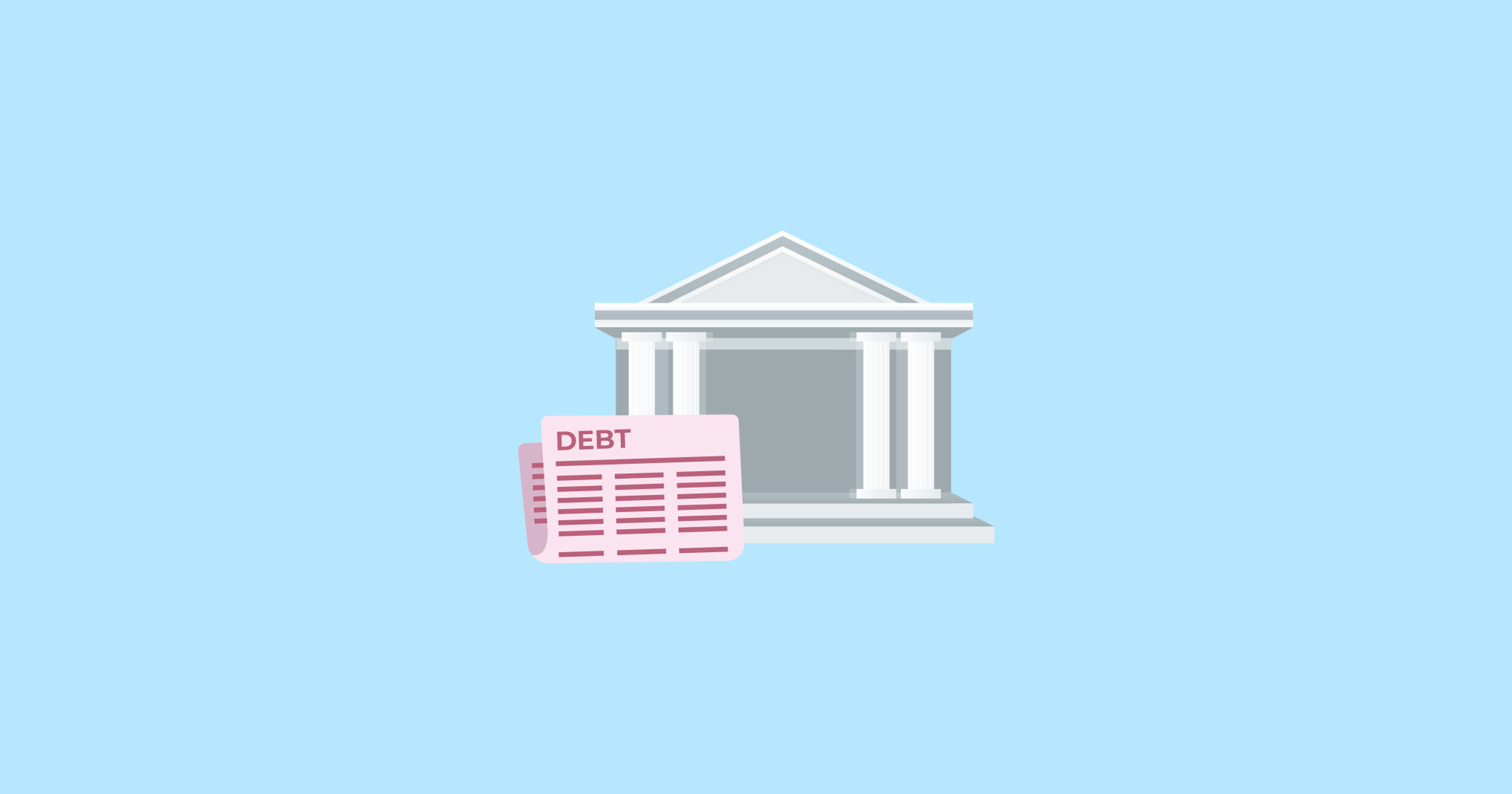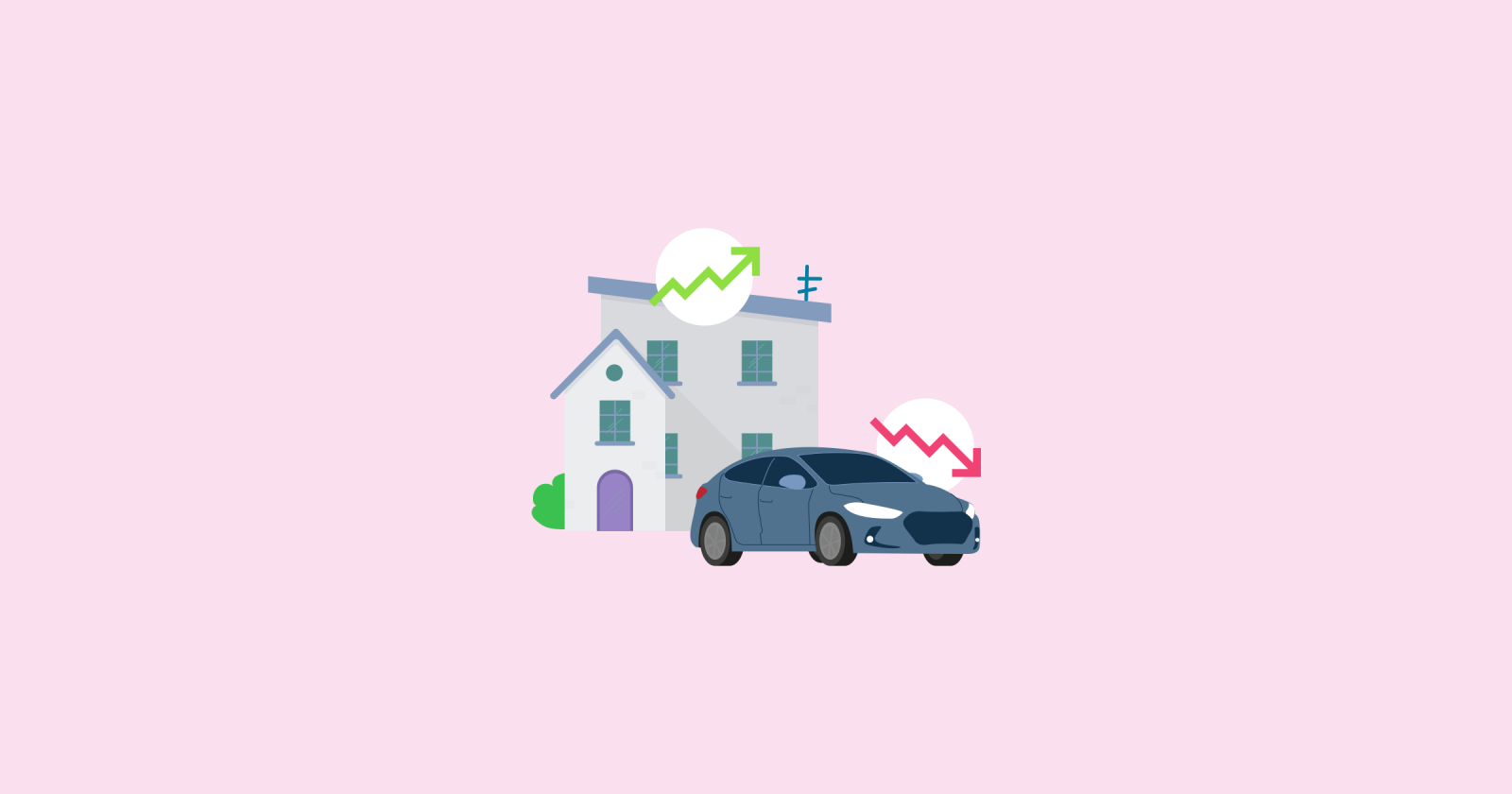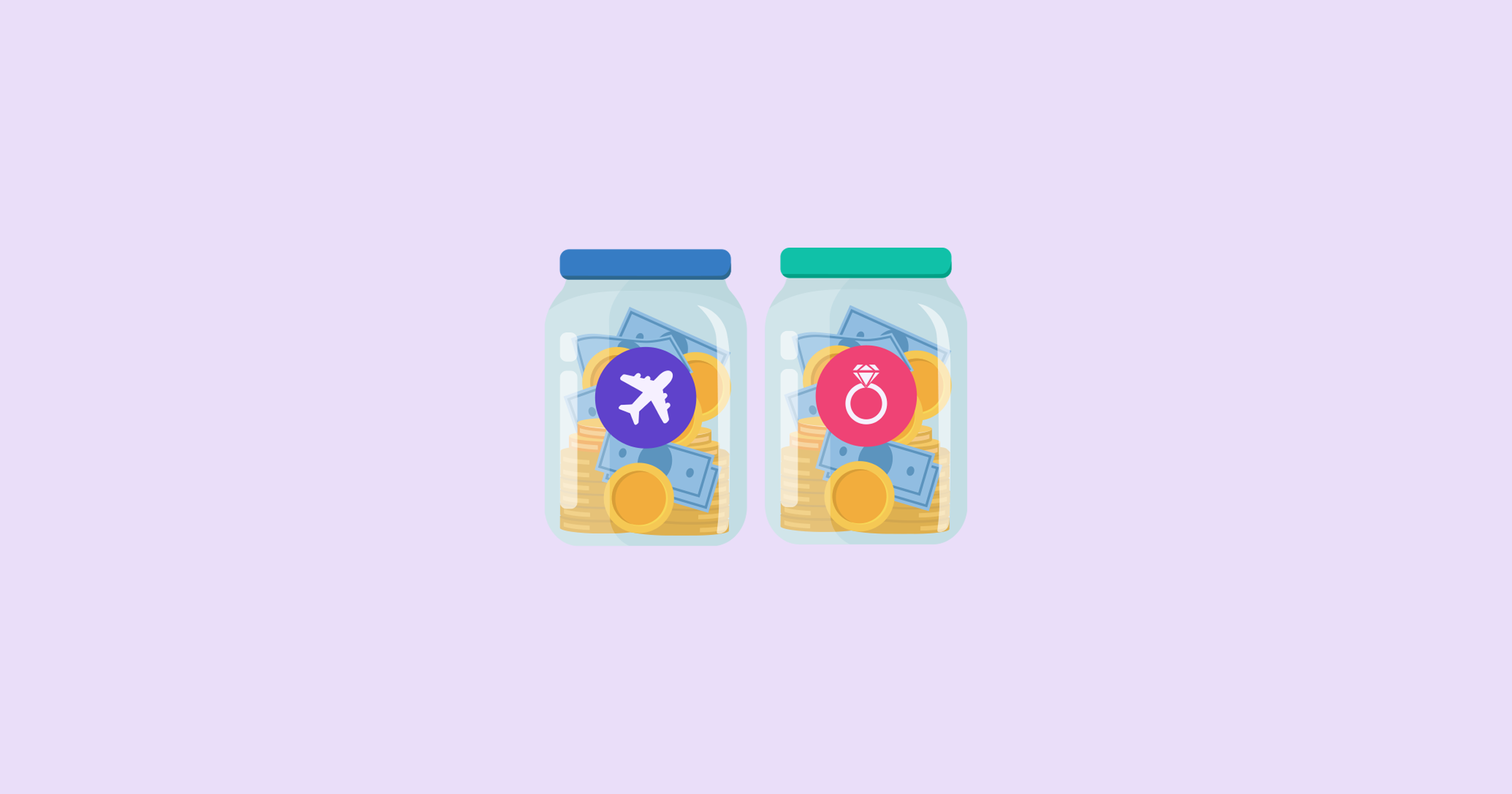If you like to travel light, digital wallets can lift some weight off your pockets. Instead of bringing a wallet full of cash and cards, you’ll only need your phone and mobile data before heading out the door.
With just an app, you can shop online or in physical stores, send money, settle bills, and more. The convenience and other benefits encourage many to go cashless through e-wallets.
If you haven’t signed up for one, you may wonder if an e-wallet is a good place to keep your money. To find out, read on to know what could happen when you open a digital wallet.
What’s an e-wallet?
In general, e-wallets are digital platforms or applications that let you store, transfer, and spend money. Features vary depending on the digital wallet. They typically allow you to make transactions that you could also perform with physical cash and debit or credit cards.
To add money to your e-wallet, you can top up with your bank account online or deposit money at partner locations, like convenience stores or kiosks.
What happens to your money?
Going cashless through digital wallets comes with its own pros and cons. You might compare the benefits of an e-wallet with the experience of having a traditional savings account or holding a physical wallet.
Your money’s safety and potential to grow are a couple of things to consider.
- Can your money grow in an e-wallet?
Money in an e-wallet generally doesn’t earn interest like it would in a traditional savings account from a bank. However, there are e-wallets that offer interest if you meet certain conditions.
E-wallets may also offer promos that could allow you to earn more. Just remember to read the fine print as most of these promos are only good for a limited time.
- Is your money safe in an e-wallet?
It’s in any e-wallet company’s best interest to keep its users and systems safe. With a good track record, a company would not only attract more customers but also comply with regulations.
The Bangko Sentral ng Pilipinas (BSP) regulates e-money platforms. E-wallets must put security measures in place to keep their customers’ data and money safe.
However, even if they’re compliant, e-wallets still experience security threats. They face risks similar to those experienced by traditional banks and other financial service providers.
These threats include cybersecurity attacks and phishing scams aimed at customers.
If you have money in an e-wallet, it’s ideal to secure your account by updating your password regularly and using 2-factor authentication.
Take note that money in e-wallets might not be covered by the Philippine Deposit Insurance Corporation (PDIC). You’ll only benefit from PDIC insurance if you open a deposit account through a member bank.
Should you keep your money in an e-wallet?
Your lifestyle can be the deciding factor on whether you should have a digital wallet. If you’re always on the go or make a lot of online purchases, e-wallets can help speed up transactions for you.
Having a no-contact, cashless way to pay can also be a life saver in case you forget your wallet or lose a card. Keep in mind that there are transaction limits, and you likely won’t earn interest from the money you store there.
Additionally, you might be unable to use your e-wallet at some stores or in areas with no service. You’ll run the risk of losing access to your money if your mobile device is lost or breaks down.
Always make sure to protect your account and your gadget. It’s a good idea to prepare backups that will give you safe and easy access to your money.




